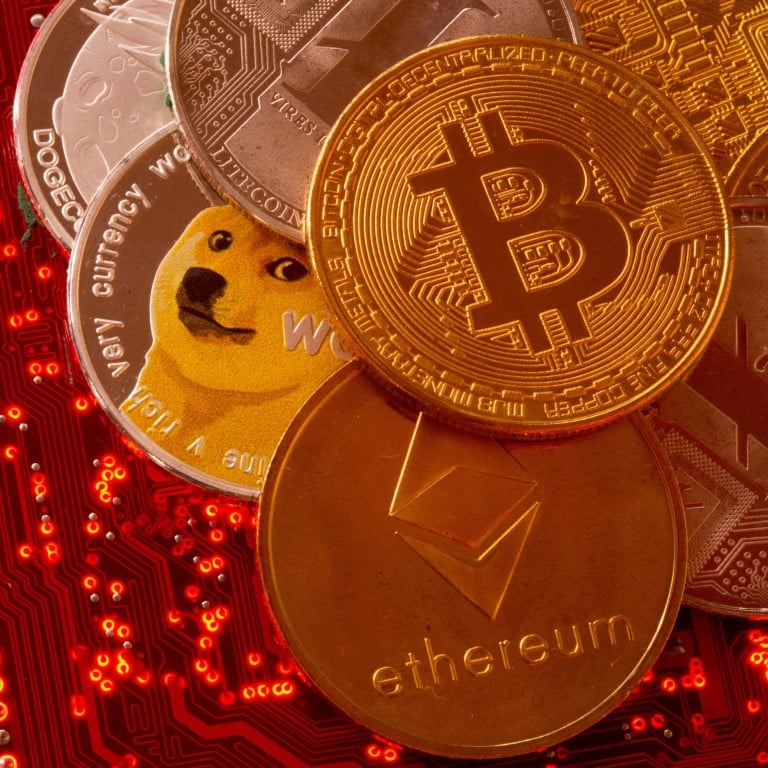Why do luxury brands accept crypto despite its volatility? Gucci, Balenciaga, Hublot, Soneva Resorts, Kessler Collection and Farfetch still deal in digital currencies … with safety nets in place

- Multiple cryptocurrencies like bitcoin, ethereum, tether and dogecoin are accepted in the luxury world, from fashion and watches to hospitality, real estate and yachts
- A 40-metre Benetti yacht was bought in bitcoin earlier this year for US$9.7 million – but in Europe, brands are required to follow digital currency regulations regardless of the purchase amount
Worldwide, cryptocurrency capitalisation fell astronomically, to about US$1 trillion in September, down from US$2.7 trillion in November last year, according to statistics by CoinMarketCap.
Bitcoin, the most dominant cryptocurrency, endured steep changes in its valuation, from about US$11,000 for one bitcoin in September 2020, to US$51,000 in September 2021 and then down again to US$18,700 in September this year. But why is the highly volatile nature of the emerging digital economy not deterring luxury brands from accepting payments in cryptocurrencies?

“Technically they don’t come in contact with cryptocurrencies, but they get the benefits of cryptocurrencies and the access to tens of millions of cryptocurrency holders,” explains Merrick Theobald, vice-president of marketing at Bitpay, the cryptocurrency payment gateway and solution used by many luxury brands, including Hublot, Gucci and SuperYachtsMonaco. “Merchants never really have to touch the cryptocurrency, hold it or take custody of it, or even have a cryptocurrency wallet of any kind.”
Merchants never really have to touch the cryptocurrency, hold it or take custody of it, or even have a cryptocurrency wallet of any kind
Instead of accepting cryptocurrencies directly from the customer, brands are opting for cryptocurrency payment gateways such as Bitpay or Lunu, that accept the digital currency from the payer on the brand’s behalf and remit that payment to the brand in fiat currencies – US dollars, Euros or Hong Kong dollars – instead of in a cryptocurrency.
Luxury online retailer Farfetch announced the availability of cryptocurrency payment options for all purchases in the US, UK and Europe, starting late 2022, with more countries to follow in time. “Farfetch or the brand won’t receive any cryptocurrency,” says Martin Avetisyan, chief growth officer at Farfetch, which uses the Lunu payment gateway for online and in-store cryptocurrency transactions.

For online transactions on the Farfetch marketplace, customers will be able to select the “pay with crypto” option at checkout. Once the customer confirms their order details and clicks “place order”, they are redirected to the payment provider page, prompted to choose their preferred cryptocurrency and to confirm the final amount. The customer will then be able to scan the QR code displayed on the screen and send the cryptocurrency of their choice from their crypto wallet.
Because cryptocurrency valuations are constantly changing – sometimes drastically – the exchange rates, too, can vary wildly. Most of the popular payment gateway providers partner with numerous exchanges to offer the best conversion rate at the time of purchase. “The customer will need to place their order within 25 minutes to confirm the current cryptocurrency exchange rate,” says Avetisyan, of the system that Farfetch employs.